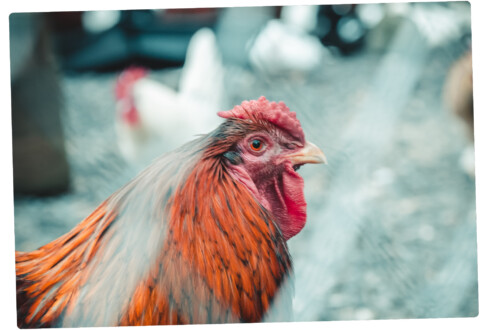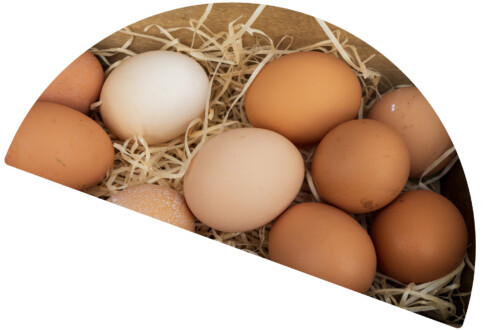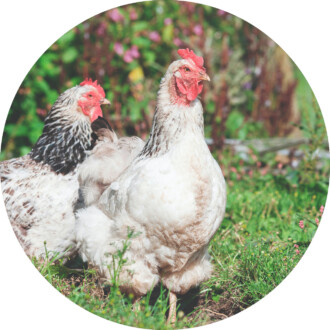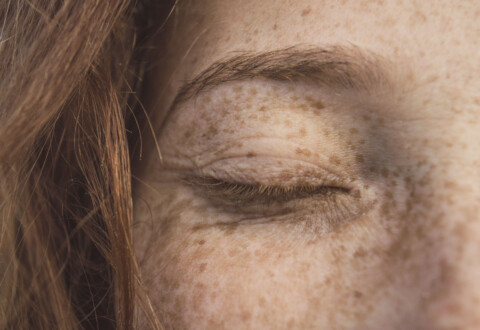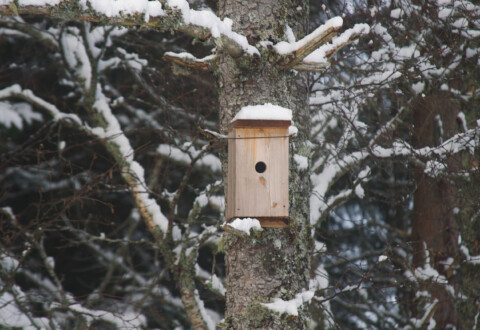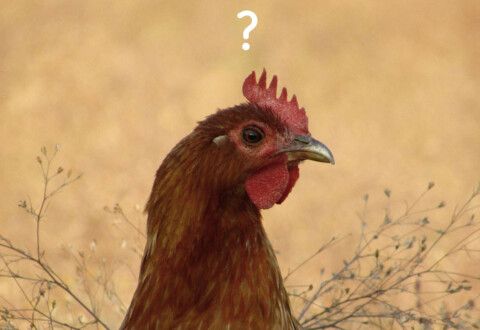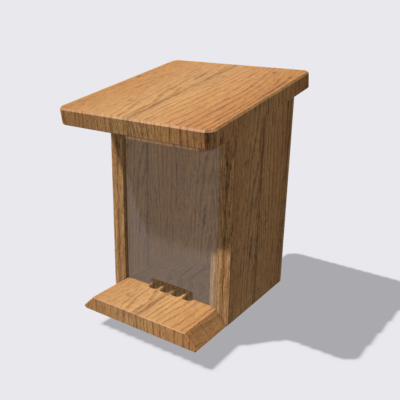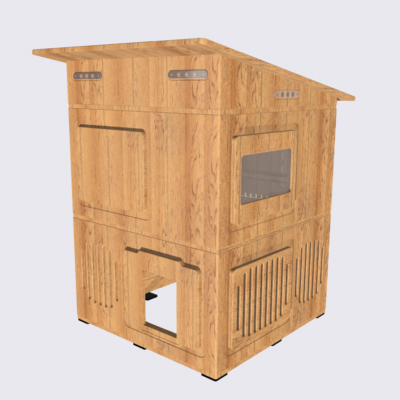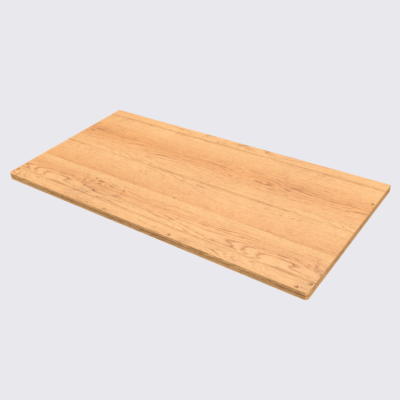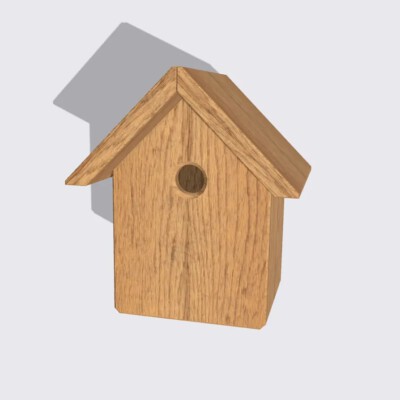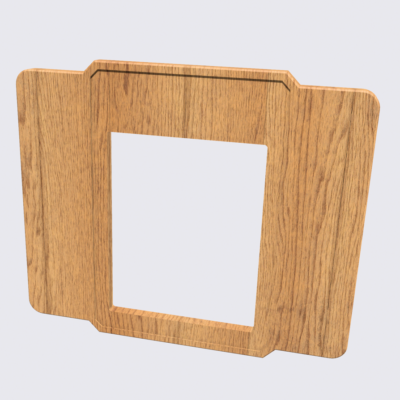Sooner or later, every pet owner has to ask themselves the question: “What do I do with my fellow animal co-residents if I’m ever not at home?” Being away for a few hours is rarely an issue at all: the daily shopping, leisure activities or an evening at the cinema. For most pets, however, some kind of a solution must be found if you are away for any longer than 24 hours (at the latest).
Different pets require different levels of care. While holidays for dog or cat owners often involve finding an expensive dog hotel or asking (potentially less than enthusiastic) friends/acquaintances to take them into their home, third-party care of rabbits, hamsters and the like is already somewhat easier.
I’ll put it simply – when it comes to this question, chickens are just the easiest pet to leave to their own devices. They are happy to be in your presence during the day, but in a group they can get along very well without you. During the day you can leave them alone anyway, and even longer absences over several days/nights are no problem. In order for this to work without any problems, certain principles must be observed:
- The chickens reliably return to the coop in the evening and an automatic chicken door securely locks them in.
- Sufficient feed is available.
- Fresh, clean water is available at all times.
- Over-night droppings fall into a separate area
- Laid eggs are separated from the hens.
Perhaps above all else, you should heed the following advice:
> My TIP: “Under no circumstances should you change anything in a tried and tested set-up before you leave!”
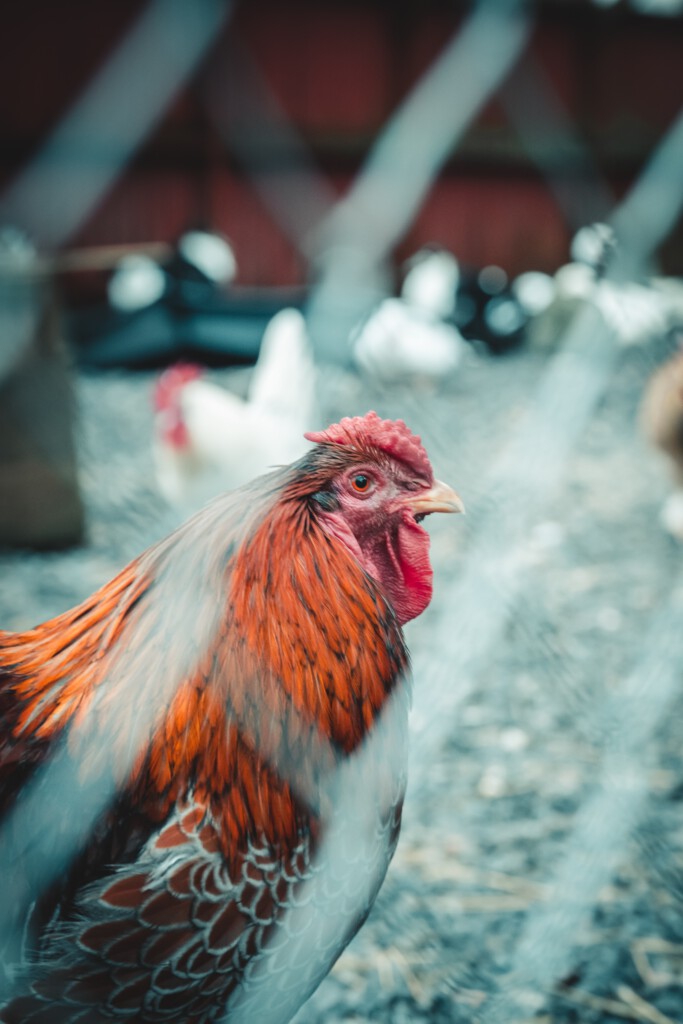
Familiar coop with automatic chicken door
… so that your chickens are safe from foxes, martens & co at night:
In order for an automatic chicken door to have the desired effect, the chickens must first return to the coop. After 1-2 weeks at the latest, new chickens have already got used to their coop/new home. They know that’s where they settle to sleep and where they lay their eggs, and they reliably return there at nightfall.
> My EXPERIENCE: “Warning – it can be that a chicken wants to return to the coop but is prevented from doing so. For example, perhaps that chicken had escaped from the run during the day and could not find its way back. In the evening, it ends up standing in front of the fence or the coop, unable to get back in.”
And now, enter stage left, the automatic chicken door – it may randomly decide to open and close without your say so (for example, at predefined times or under certain lighting conditions).
> My TIP: “You can only really rest easy if you are sure that everything is truly safe. Monitoring with a WIFI camera is very good for this. You are, on the one hand, able to see on the camera whether all the chickens are in the coop, and, on the other hand, whether the automatic door has closed properly.”
Sufficient feed
… must be available at all times:
In contrast to dogs or other pets, chickens only eat the amount of food they need at any given time – they leave the rest for later. So there is no danger of “overeating” and you can fill the feed container completely. Experience will teach you how many days you can get by with a fully loaded feeder.
Clean water
…is even more important than food:
If necessary, your chickens will manage for 2-3 days without additional feed – especially if they can also find some food in the run. Water, however, must be available in sufficient quantities at all times. As long as the water remains clean, it is okay if it is not replaced with fresh water for a few days. NB: this rule does not apply in hot weather, where fresh, cool water should be available at all times.
Over-night droppings
… must fall into a separate area:
Chickens also defecate during the night. These droppings must fall in an area that the animals do not enter. For example, on a droppings board located directly under the perch. This droppings board must be separated from the scratch area, and from the area where the hens lay their eggs. If this is the case, the daily cleaning of the hen house can be skipped for a few days.

Freshly laid eggs
…must be separated from the hens:
Some chicken breeds lay an egg almost every day. So, for example, if you have 5 hens, after only 3 days up to 15 eggs will pile up. This is not ideal, especially if, among other things, an egg breaks. If they have a peck at it and indeed get a taste for it, in future they may deliberately break eggs to eat their contents. There are two ways to remedy this:
Firstly, you could simply ask a neighbour if he or she would like to fetch fresh eggs from your garden every day (in the best case, they would also give the coop a rough clean, which is done in 2-3 minutes).
Secondly, there are also special laying nests where the laid eggs are automatically separated from the hens. The eggs roll into a separate box via a flap. But even this will quickly become full – think of the large number of eggs. Furthermore, this solution has to work from the technical side of things.
A tried and tested set-up
… should never be changed before you leave:
In the days before you leave for a holiday or a business trip, you should never change the setup. Any change to the coop, run, feeding, etc. always requires a certain period of adjustment for the chickens, as well as for you as a chicken keeper. You have to keep an eye on whether everything is working safely and without any hitches. During this time you have to be especially attentive. For example, it would not be a good idea to install a new automatic chicken flap shortly before a holiday. It has to be tested for some time before you can rely on it with a clear conscience.
> My EXPERIENCE: “Changes to the coop or run before leaving for any amount of time almost always lead to problems.”
Side note – Chicken hotels
There are also hotels for chickens. However, due to a clearly defined pecking order, mixing with other chicken groups should be avoided. Together with their intimate attachment to their “own” coop and run, covering the holiday period without a change of location is certainly the best solution for your chickens where possible.




